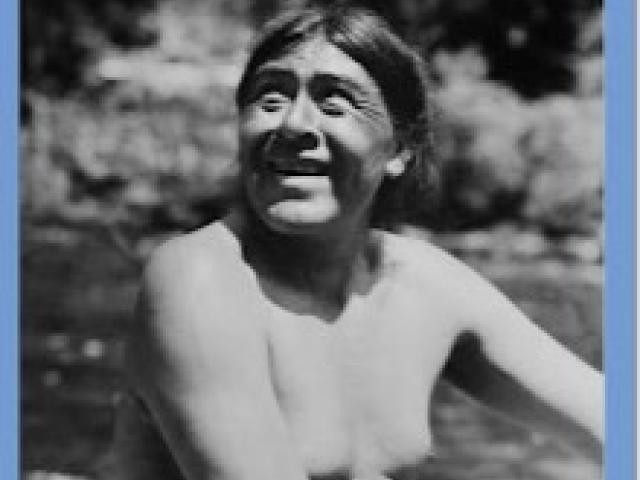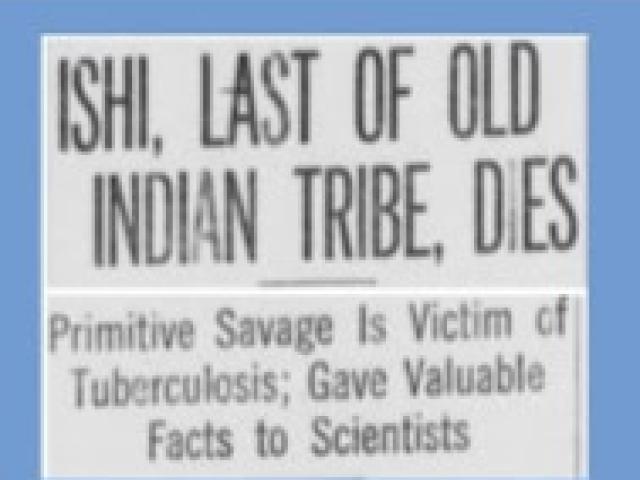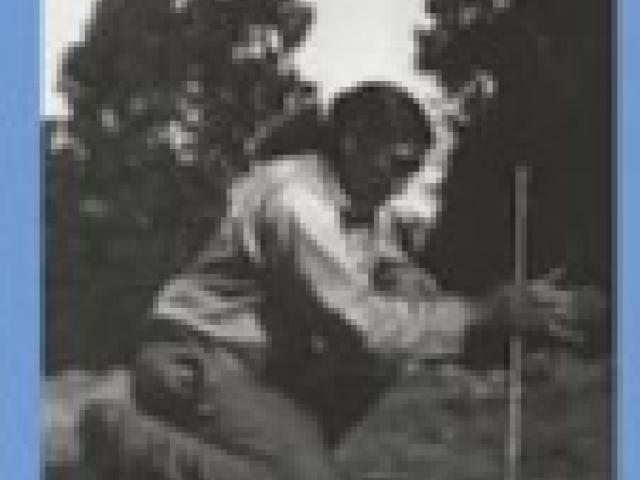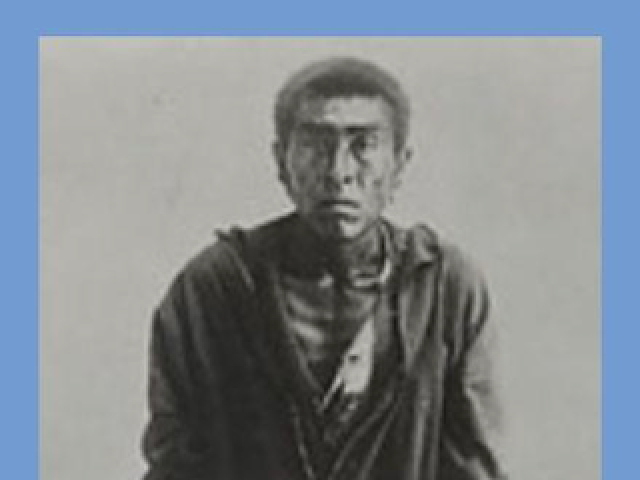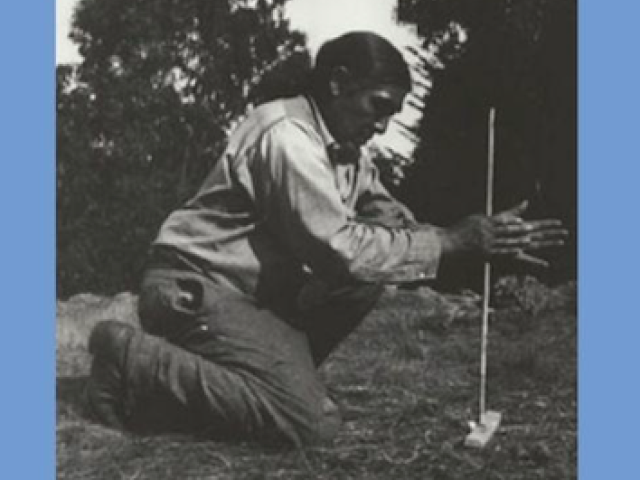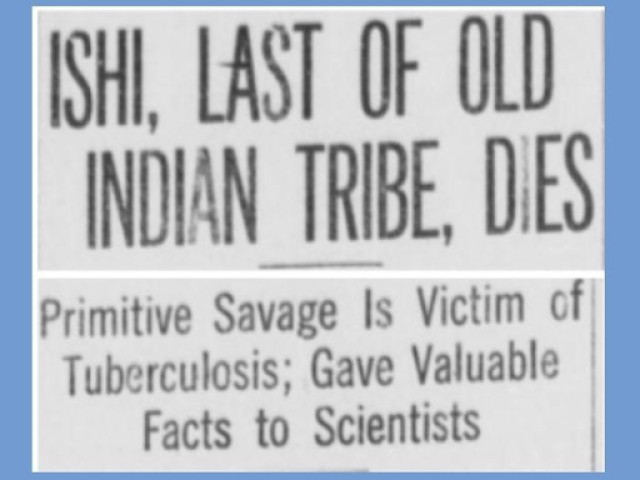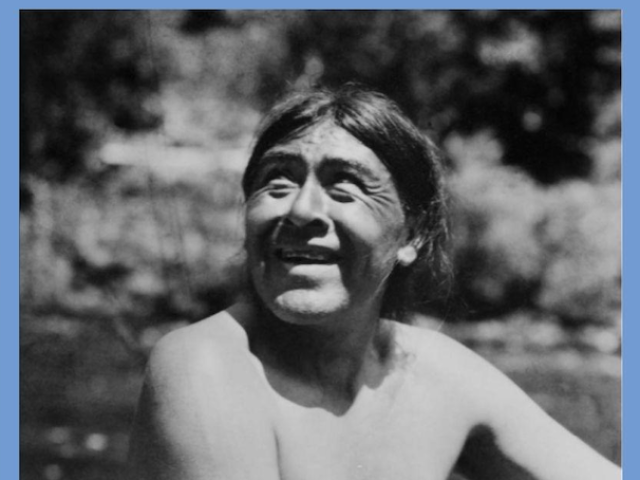Ishi: A Story of Dignity, Hope, and Courage
Grade 4 Curriculum Unit
Lessons
Unit Core Themes: History and Sovereignty | Cultural Strengths and Indigenous Knowledge Systems
Culturally Relevant Terminology | Tribal Nations and Political Identity
Unit Summary
This unit explores the life and legacy of Ishi, the last known member of the Yahi people, as a gateway to understanding Indigenous history, culture, and resilience. Through his story, students investigate the cultural values, survival strategies, and spiritual practices of the Yahi, while critically examining how Ishi has been represented and sometimes misrepresented in history and media. The unit also addresses broader themes of cultural erasure, Indigenous leadership, and the ethical considerations surrounding Ishi’s experiences both in life and after death. By engaging with these topics, students develop empathy and a nuanced appreciation of Indigenous identities, the impact of colonization, and the ongoing efforts toward cultural preservation, repatriation, and justice.
Unit Objectives
Analyze cultural values and worldviews by exploring Ishi’s life story and his role as a cultural bridge between the Yahi people and settler society.
Examine the relationship between geography, environment, and survival, understanding how the Yahi adapted to and thrived in their ancestral lands.
Identify and critique stereotypes and misrepresentations of Ishi in media, literature, and public memory, distinguishing between myth and historical reality.
Explore Yahi cultural practices, including language, toolmaking, and spiritual traditions, with an emphasis on reciprocity and the preservation of Indigenous knowledge.
Evaluate Ishi’s legacy, including the ethical questions surrounding repatriation, cultural preservation, and institutional responsibility.
Understand the concept of cultural erasure, using Ishi’s life as a case study to explore how colonization impacted Native identity, community, and continuity.
Reflect on Indigenous leadership, both historical and contemporary, and consider Ishi’s quiet resilience and dignity as forms of leadership.
Assess the complexities of Ishi’s life in San Francisco, including his adaptation to urban life and the contradictions he faced in a settler-dominated world.
Analyze the treatment of Ishi after death, debating the tension between scientific curiosity and cultural respect, and discussing ethical research practices.
Demonstrate empathy, critical thinking, and respect through discussion, research, and creative expression, applying insights from Ishi’s life to broader discussions about Indigenous history, representation, and justice.
